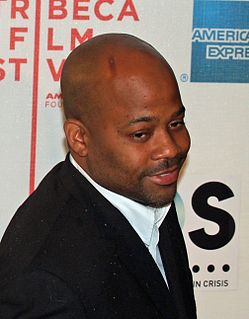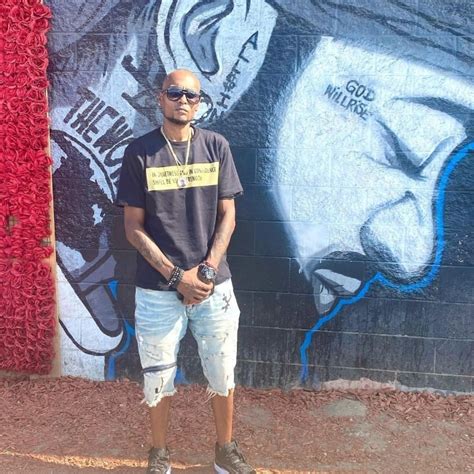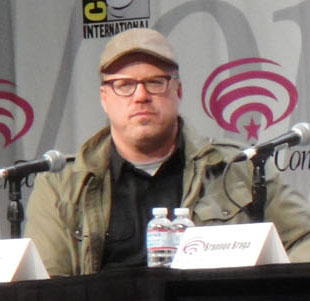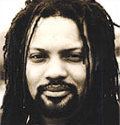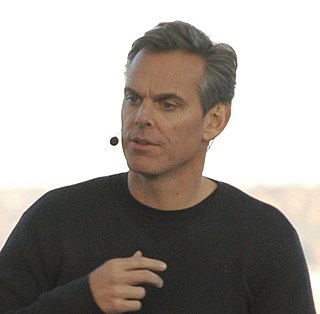A Quote by John Milius
You never know when you're going to be considered un-hip... The people that really pass judgment on you really have nothing to do with what you do, usually.
Related Quotes
There have been times in my adolescence where I gave up. I was like, 'I'm just never going to be pretty. I'm never going to be like one of those people on the front of magazines.' It always seemed really strange to me that the projection of how people are in advertisements looked nothing like the people who were actually buying them. You know what I mean? I never understood that mismatch, and now I really start to see that the people you see in the media are a lot more like people actually are.
Because if you remember - and people forget this - the first two years of Game of Thrones everybody was going, "I don't know what's going on, but I really like it." And you really didn't know what to make of a lot of people, and now it's changed and people aren't really talking about that. Now it's like you're watching West Wing or Friends, you know the characters and you're like, "What in the world is going to happen?"
I'd always rather err on the side of openness. But there's a difference between optimum and maximum openness, and fixing that boundary is a judgment call. The art of leadership is knowing how much information you're going to pass on - to keep people motivated and to be as honest, as upfront, as you can. But, boy, there really are limits to that.
I wouldn't compare my sound on the mixtape to anything, but my influences are like - the minimal amount of hip-hop that I actually do know - because I didn't grow up listening to hip-hop like that. No one really put me on to hip-hop like that... My dad's from Jamaica and my mom is from Barbados, so that's really the stuff I grew up listening to.
You really watch basketball and study basketball, the more you realize, the pass really is beautiful. I'm not just talking about the pass where you look away or anything. Just the right pass at the right time to get somebody open is just beautiful. There is nothing better than that. It's contagious - it makes everybody happy.
Most argument, and in fact most conflict, has nothing to do with the present. It's always about the past or the future. People can't agree on the details of what has happened or is going to happen. But we rarely know what has happened, and we never know what is going to happen. What is really at dispute is how we will deal with not knowing.
Your average person in Illinois doesn't really even know what workers' comp is. The average person doesn't know really what's going on in the pension system. They know their taxes are too high; they know we've got a deficit. But getting that message out and helping the people of Illinois really understand what's going on, that's hard.


